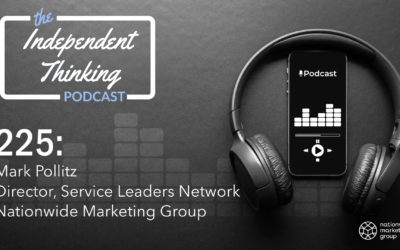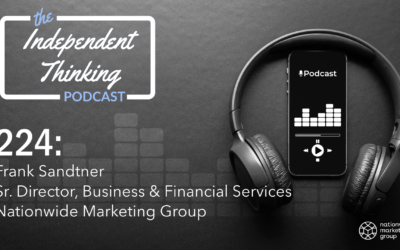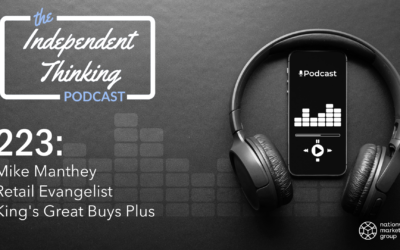As we all strive to return to normalcy in this post-coronavirus world, we examine how consumers might approach the decision to add protection plan coverage to their purchase. It is possible that for some, their opinions on warranties and extended coverage will not change at all; there are customers that never have and never will consider adding protection. To identify where we could see a shift in consumer behavior, and subsequently where we should train our Retail Sales Associates to pay close attention, we look at how a customer views risk, and we consider if the recent events in our country will change those views.
In a 1992 study conducted at Texas A&M University, researchers identified three main types of consumer behaviors when it comes to warranty purchases. In the 28 years since the study, the same consumer behaviors are prevalent in our stores today. Consumers view risk through one of three lenses:
- Risk Averse
- Risk Seeking
- Evaluators
Risk averse customers are those who readily add extended protection when offered as they want to be exposed to as little risk as possible, including a breakdown of a critical home appliance or damage to a piece of furniture in the home.
Risk Seeking customers are those who will gamble that they are not in the group of people who actually experience a breakdown, and figure that if they do experience a breakdown, they can either pay to fix it or fix it themselves.
Evaluators analyze the risk/reward ratio for each purchase and weigh it against their own personal situation. It’s within this group of consumers that our sales associates have the opportunity to truly move the needle when it comes to protection plan sales.
In the post-coronavirus era will consumers who were staunch Risk Seekers be less so going forward? With the virus exposing how quickly financial security can be compromised – both as a nation and on a personal level – will these Risk Seekers act as Evaluators as they consider the value of long-term coverage?
With people spending significantly more time at home in 2020, the importance of functional appliances and furniture has never been more prevalent. The most savvy of retailers will prepare for the potential shift in behavior by offering their sales staff a training refresher in Protection Plan sales and will place an emphasis on moving the Risk Seeking and the Evaluator customers from saying ‘no’ to extended coverage to the Risk Averse customers who add protection. For both retailers and customers going forward, protection from financial risk matters now more than it ever has.




